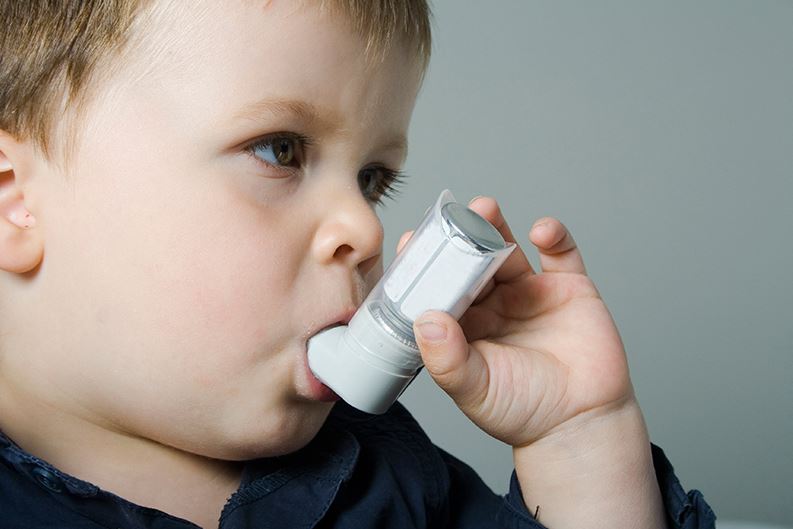
If you have ever choked on food or otherwise had trouble breathing, you it is scary. For people who have asthma, this is a common problem due to their chronically inflamed airways. Their airways are susceptible to narrowing, which creates resistance for airflow throughout the lungs. This may lead to coughing, chest tightness, wheezing, and shortness of breath.
According to the American Academy of Allergy, Asthma, and Immunology, asthma is now the most common chronic disease in children. This may be due to changes in environmental pollutants, dietary habits, an increase in obesity, and changes in indoor lifestyles. Certain triggers can make asthma worse for children, such as cold viruses, school related stress, and common allergens such as pet dander. Here is how parents can help their children with asthma.
Know the Triggers
This can range from pollen to cold air to cigarette smoke, depending on the child. Exercise may also pose a risk. Pay attention to learn what your child’s triggers are and avoid them when possible. Oftentimes, a child may be allergic to something completely unexpected, so it is helpful to have blood work done if you can’t find the source of the allergy on your own.
Have an Action Plan
Create a specific plan depending on your child and their current state of health. For example, if your child seems to be breathing normally and the asthma is not acting up, give your child medicines that are taken daily, which could include controller medications. If your child is having mild symptoms. If your child is having trouble speaking or cannot breathe, or has a continual cough, give the child more rescue medication and reach out for medical attention. Typically, if parents are alert and notice the signs that the asthma is worsening, the need for medical attention can be avoided with the use of the inhaler.
Use Controller Medications Often
Controller medications minimize the body’s response to the asthma triggers. Some parents may worry about giving their children steroids, but the doses are typically too low to lead to health problems.
The key is to give these medications each day, which can be difficult to remember. Parents may think the medicine is not necessary if the child seems healthy, but it is important to remember that the child is healthy due to the consistent use of the controller medications.

